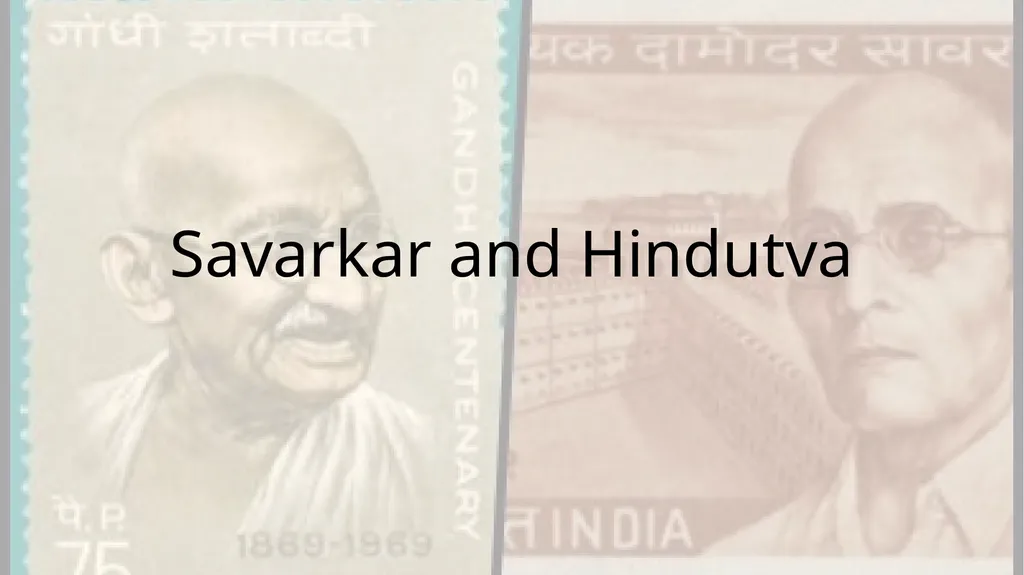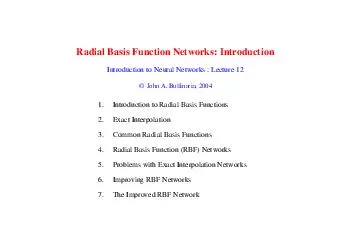
Author : lindy-dunigan | Published Date : 2025-05-10
Description: Savarkar and Hindutva Savarkar: An Introduction Born 1883 into an upper caste Chitpavan Brahmin family in western India. Some biographers suggest he held anti-Muslim ideas from childhood Famous as the author of Essentials of Hindutva,Download Presentation The PPT/PDF document "" is the property of its rightful owner. Permission is granted to download and print the materials on this website for personal, non-commercial use only, and to display it on your personal computer provided you do not modify the materials and that you retain all copyright notices contained in the materials. By downloading content from our website, you accept the terms of this agreement.
Here is the link to download the presentation.
"Savarkar and Hindutva Savarkar: An Introduction"The content belongs to its owner. You may download and print it for personal use, without modification, and keep all copyright notices. By downloading, you agree to these terms.













